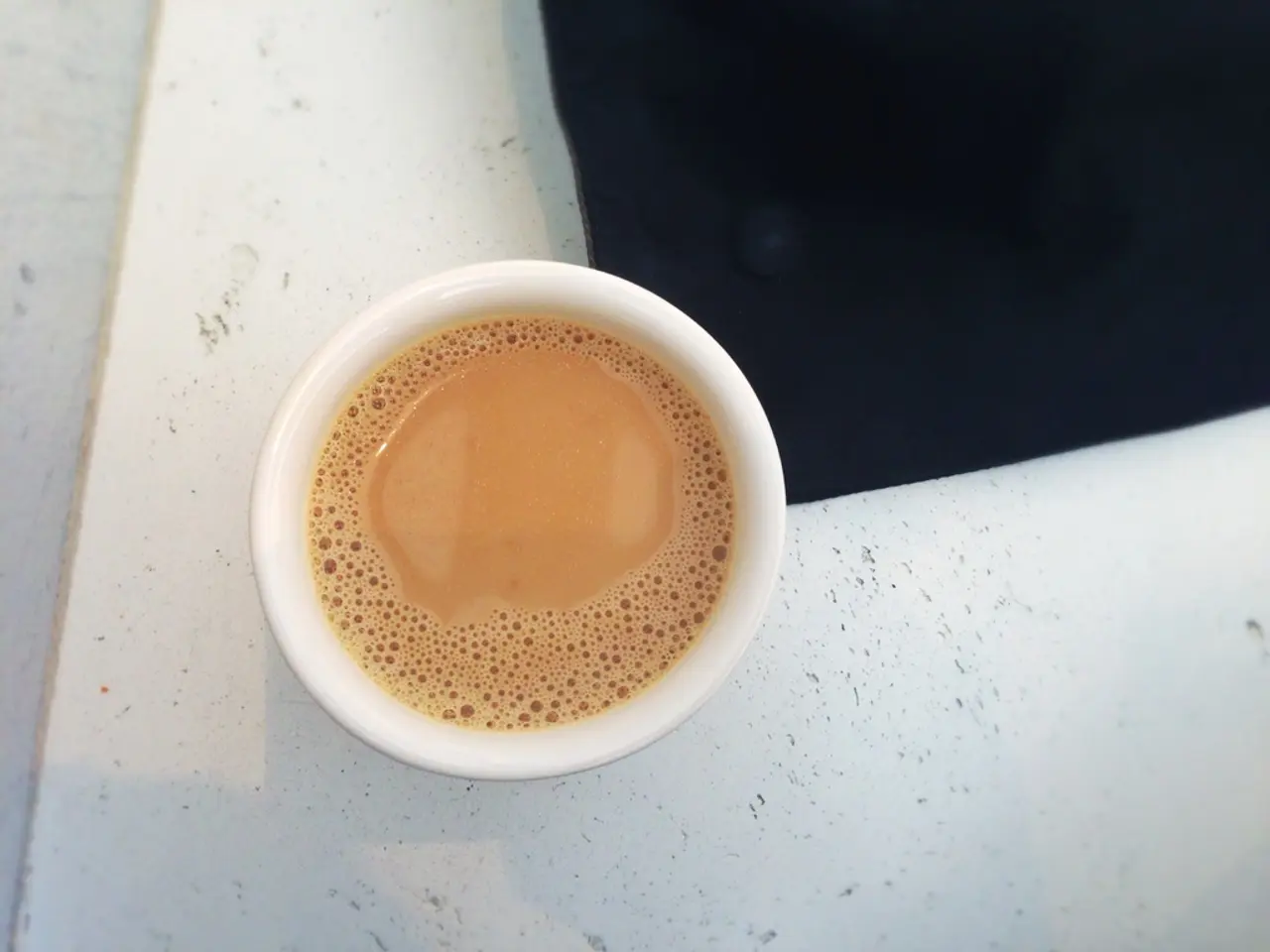Exploring the Pregnancy Booster: The Advantages of Red Raspberry Leaf Tea for Pregnant Women and Beyond
Pregnancy can be a challenging time, and many pregnant individuals turn to natural remedies to help alleviate discomforts and prepare for labor. One such remedy is red raspberry leaf tea, a popular choice for some expecting mothers.
According to various reports, 7 to 55 percent of pregnant people use red raspberry leaf tea to help with morning sickness, labor preparation, inducing labor, and making labor easier. However, the benefits of this tea are a matter of debate.
Traditional herbal medicine claims red raspberry leaf tea to be safe and effective, while scientific research has found little definitive evidence to support these claims. Some animal studies have shown red raspberry leaf to be toxic at high doses, but human research has not shown it to cause harm or benefit.
Despite the lack of concrete evidence, red raspberry leaf tea is often claimed to help with easier pregnancy and labor. An older clinical trial of 192 pregnant women found no statistically significant difference in labor duration, need for medical intervention, or C-section rate for women who drank red raspberry leaf tea. In a 2021 review of 13 studies, no scientific evidence was found to support the claim of easier pregnancy and labor.
Pregnant individuals may be advised to avoid red raspberry leaf tea if they have a history or premature labor, placenta previa, planned C-section, baby in breech position, vaginal bleeding during pregnancy, endometriosis, fibroids, breast cancer, ovarian cancer, high blood pressure, gestational diabetes, are pregnant with twins, or have other health complications. If drinking red raspberry leaf tea while pregnant, it is suggested to drink 1 to 3 cups a day and avoid it if strong Braxton-Hicks contractions occur.
Red raspberry leaf tea can be personalized with additions like lemon, honey, or milk. It is made by steeping 1 tablespoon of loose leaf or 1 tea bag in hot water for 5 to 10 minutes, or by steeping 3/4 cup of leaves in 1 gallon of hot water, straining, and chilling or pouring over ice.
Red raspberry leaf tea is generally considered safe, but potential risks should be considered and discussed with a doctor. Another herbal tea, red currant leaf tea, is traditionally believed to have potential benefits such as anti-inflammatory properties, supporting digestion, and possibly strengthening the immune system due to antioxidants. However, specific evidence on red currant leaves is limited compared to better-studied herbs.
In conclusion, while red raspberry leaf tea is a popular choice among pregnant individuals, it's essential to approach its use with caution and consult a healthcare provider before consuming it. The benefits of red raspberry leaf tea during pregnancy are not yet conclusively proven, and potential risks should be weighed against the potential benefits.
Read also:
- Hospital's Enhancement of Outpatient Services Alleviates Emergency Department Strain
- Increased Chikungunya infections in UK travelers prompt mosquito bite caution
- Kazakhstan's Deputy Prime Minister holds discussions on the prevailing circumstances in Almaty
- In the state, Kaiser Permanente boasts the top-ranked health insurance program





